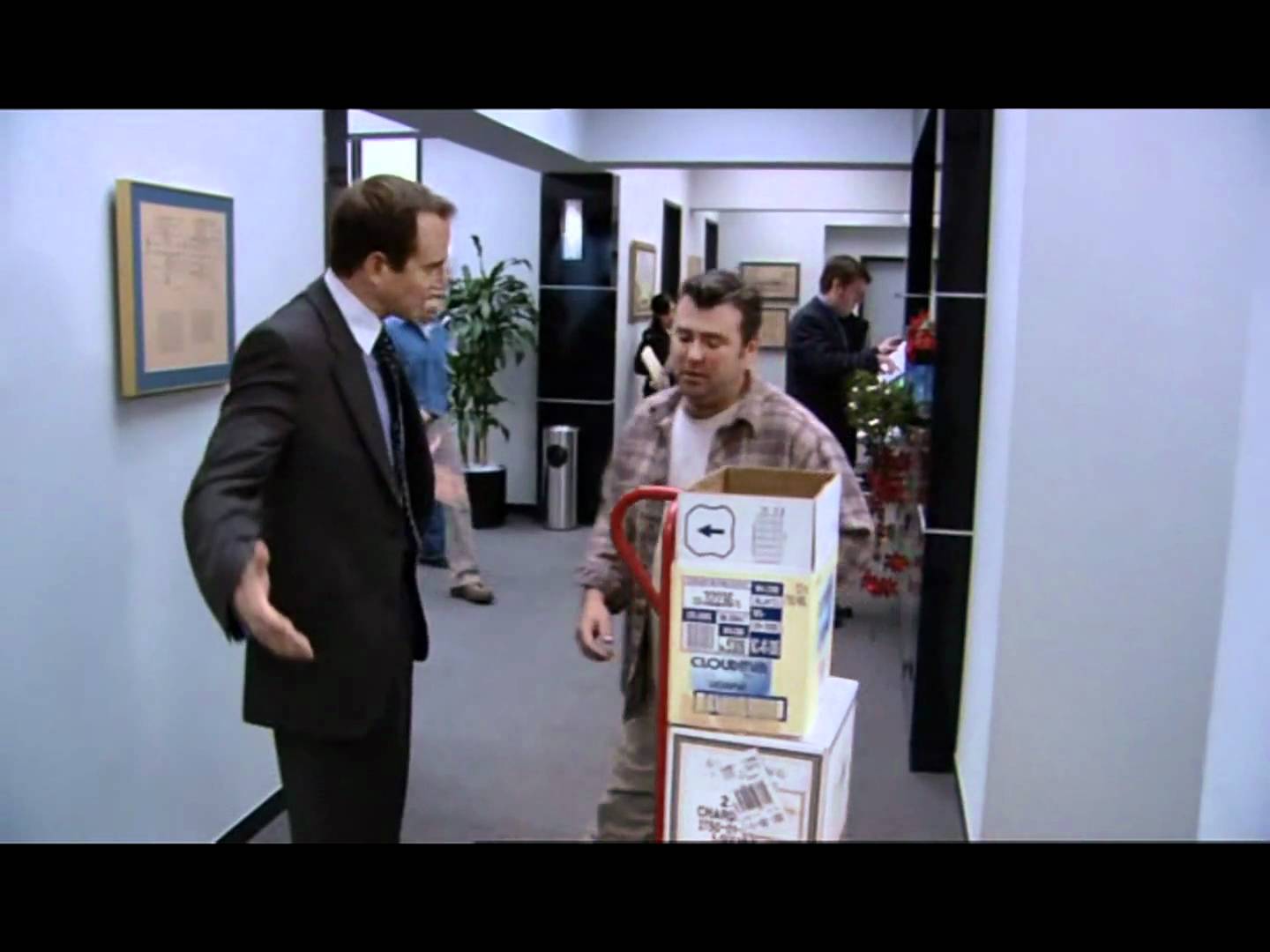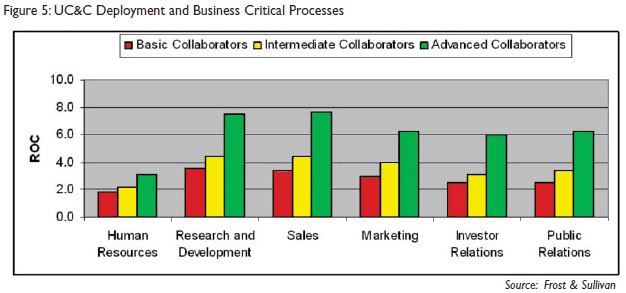 I recently read Jacob Morgan’s excellent post, Does Collaboration Impact Business Performance? Morgan reviews an updated Frost and Sullivan report that assesses impact of collaboration on overall business performance. (To read the entire report, click here.) In a nutshell, collaboration is catching on. Big time.
I recently read Jacob Morgan’s excellent post, Does Collaboration Impact Business Performance? Morgan reviews an updated Frost and Sullivan report that assesses impact of collaboration on overall business performance. (To read the entire report, click here.) In a nutshell, collaboration is catching on. Big time.
Reactions
The report has its limitations. As Morgan writes, “keep in mind that this (report) only speaks to tool deployment and says nothing about strategy, results, adoption, or effectiveness.”
Very true. Go back 15 years and think about the number of companies doing ERP, BI, or CRM. That didn’t mean that they were implementing and using these technologies well. In fact, many of these projects were suboptimal, at best. Also, it’s interesting how The Great Recession has spurred adoption of some emerging technologies. Often, organizations and people only do things when essentially forced. This has always been the case.
Note the introduction (at least to me) of the term ROC: Return on Collaboration. This could be both very important and very amorphous, rife with unrealistic or undocumented discussions. It will be interesting to see if ROC catches on.
Perhaps the most shocking revelation from the report is the breakdown of collaborators by function. It is here that I’ll go off on a Dennis Miller-type rant. (He’s always been one of my favorite comedians.)
See Figure 5 from the report:
Simon Says
Now, one report certainly does not reflect every HR function at every organization at every industry. Without debating the methodology, data collection, and analysis of the Frost & Sullivan report, HR’s position relative to other functions appears to be appalling. HR should be at the forefront of collaborative technologies, not trailing the pack. To the extent that HR is still intimately involved in the hiring process for many key positions most organizations, how can HR successfully weed out “posers” if it barely uses such important tools? Look at the other functions in the graph. It’s extremely clear that R&D, Sales, etc. all value collaborative tools. HR just doesn’t get it.
It’s high time that you get on board the Enterprise 2.0 train, HR.
Beyond that, I’d also argue that largely ignoring collaborative tools does a number of other inimical things:
- Increases the chances that a new hire is unfamiliar with both specific collaboration tools and, more important, a related mindset.
- Decreases the trust that line management has in HR as a function (as well as individual employees).
- Reinforces HR’s traditional role as the Personnel department and not a truly important partner.
It’s high time that you get on board the Enterprise 2.0 train, HR.
To quote Mr. Miller, “Of course, that’s just my opinion. I could be wrong.”
Am I?

 PHIL SIMON
PHIL SIMON



HR needs to align with Business
HR is only a cost center
HR is a commodity
HR needs to get Social Media
HR says NO too often
Oops that should be IT not HR
Great post Phil,
Definitely agree with the statement:
“Often, organizations and people only do things when essentially forced.”
It reminds me of a paraphrasing of an old quote about morality:
“Doing the right thing matters most when nobody is watching you.”
This is one of the opportunities and challenges of facilitating more collaboration: it can definitely help encourage people to take appropriate action, but it could also reinforce negative behaviors.
This is double-edged sword of “The Wisdom of the Crowds” (explained very well by James Surowiecki in his book): collaboration facilitates the conditions that characterize wise crowds (diversity of opinion, independent thinking, decentralization and aggregation) but also carries the risks of confirmation bias and groupthink, which produces the opposite of wisdom.
I am not sure if ROC (Return on Collaboration) graphs pitting different functional areas really helps much since it seems to have a built-in “our team vs. every other team” aspect, which would appear to undermine the very nature of collaboration.
I think that the brightest future for collaboration is the elimination of the organizational chart – align employees as a whole with the organization and not within functional “buckets” aligned with some high-level job description. Although specialists will still exist, is there really that much of a difference between an employee working in R&D, sales, marketing, etc. They all work for the same company – and they all need to collaborate.
Logging off of my Virtual Soapbox now 🙂
Best Regards,
Jim
.-= Jim Harris´s last blog ..The Scarlet DQ =-.
I’ve listened to many HR groups talk about the employee of the now and of the future: their partnership and collaborative behaviors, and how organizations must ensure that they will have the tools to support these behaviors as that is how they work. The message is that you won’t get the up and coming ‘cream of the crop’ without having these tools in place. I have yet to see one of these HR groups actually understand or use any of them. I agree with the stats.
Great comments, all.
Charles – the similarities between HR and IT are often not lost on me. I wonder here, though, if IT is way ahead of HR. Collaboration seems much more natural to them in many instances.
Jim – I’m totally with you on the need for everyone to row in the same direction and also question ROC as a valid metric. I still find the breakdowns interesting.
Jill – Don’t get me started on how often HR drops the ball. I’ll just leave it at that.
Thanks for the mention/reference in here. Keep in mind the size of the department affected how effective collaboration was, R&D/Sales were typically the largest departments and thus saw the greatest ROC. You do make some valid and solid points for why HR should use collaborative tools though.
Thanks again,
Jacob
Interesting post Phil. One other thought… HR is more tightly tied to big legacy apps and possibly have not had the freedom to explore new tools. I believe this will change over time. Will large HR systems move more towards E2.0 or will E2.0 tools build better hooks into legacy systems? I’m not sure how that will play out. Either way, HR, of all functional areas of business should be leading this effort, not trailing it.
Cheers,
Steve Wylie, GM, Enterprises 2.0 Conference
Steve – I agree that HR has traditionally not been exactly at the forefront of technology for a wide array of reasons. But with social media, it’s not like they have to build an app from scratch. These user-friendly tools should be pretty easy to use, at least at some level, no?